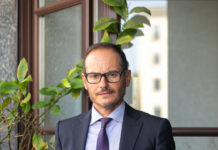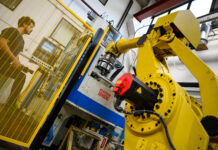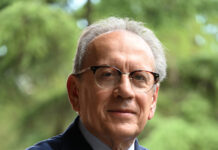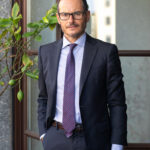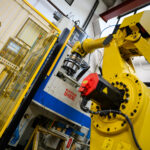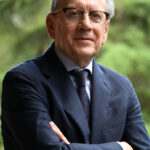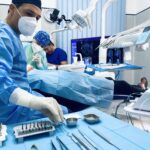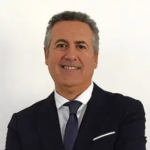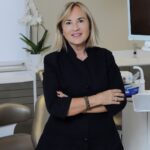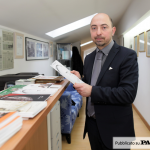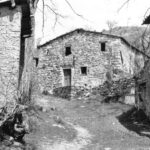New therapeutic perspectives for the treatment of complex proctological conditions are now a reality, thanks to an innovative approach based on the use of autologous mesenchymal stem cells and exosomes. These offer patients effective, minimally invasive, and painless solutions. This represents one of the new frontiers of regenerative medicine—a field that earned Dr. Marco Cosimi, a renowned proctologic surgeon from Rome, the title of “Excellence of the Year 2025 in Proctology” in the Healthcare & Pharma category at the Le Fonti Awards. This prestigious award, now in its 15th edition, was presented on March 13th at Palazzo Mezzanotte in Piazza Affari, Milan, and celebrates outstanding Italian professionals and enterprises.

Dr. Cosimi graduated with top honors in Medicine and Surgery from Sapienza University of Rome and specialized in General Surgery, serving at the General Surgery Division of the Sant’Eugenio Hospital in Rome. He has continuously enhanced his medical expertise through additional specializations: General Surgery in 1990 at Sapienza’s 3rd Surgical Clinic, Vascular Surgery in 1995 at the Gemelli Polyclinic, and Urology in 2001 at the University of Rome Tor Vergata. His multidisciplinary background allows him to approach proctological disorders with innovative and comprehensive perspectives.


The procedure to harvest stem cells is simple and painless for the patient. It involves a minor liposuction of about 60 ml of subcutaneous fat through a small skin incision, which requires no sutures. The adipose tissue is processed using a microcannula to extract only the liquid cellular fraction containing the microscopic mesenchymal stem cells—found between the larger fat cells, which are discarded.
“Research advancements ensure better, faster, and non-invasive outcomes for patients.” Only this liquid stem cell concentrate is injected into the affected area. “The technique,” assures Cosimi, “is truly and effectively minimally invasive, enabling patients to recover from chronic and deep anal fissures, anal fistulas, or pilonidal cysts quickly and painlessly. Mesenchymal stem cells naturally possess powerful anti-inflammatory and analgesic properties. The procedure is performed under local anesthesia, without the need for hospitalization.”
“Once injected, mesenchymal stem cells begin to repair damaged tissue while simultaneously alleviating pain,” explains Cosimi, highlighting the role of exosomes—tiny particles released by stem cells that interact with the patient’s tissues. “These exosomes carry small bioactive sequences, up to 24 nucleotides of DNA and RNA, which are essential for stimulating healing and local cellular homeostasis.”
Mesenchymal stem cell-derived exosomes can modulate inflammation and promote tissue repair. “Thanks to advances in medical science,” notes Dr. Cosimi, “these techniques have become a cornerstone of regenerative medicine, delivering fast and satisfactory results for patients. Mesenchymal stem cells and their exosomes provide a definitive therapy for painful proctologic conditions, eliminating the need for invasive surgery and its potential complications.”
In conclusion, the regenerative approach using a patient’s own mesenchymal stem cells represents a major step forward in proctology. These treatments are effective, non-invasive, and allow for a rapid return to normal activities—ensuring high therapeutic quality for patients suffering from anal fissures, anal or perianal fistulas, and pilonidal sinus disease.
For more information:
Website: metodocosimi.it
YouTube: youtube.com/@metodocosimi
Email: info@metodocosimi.it











































